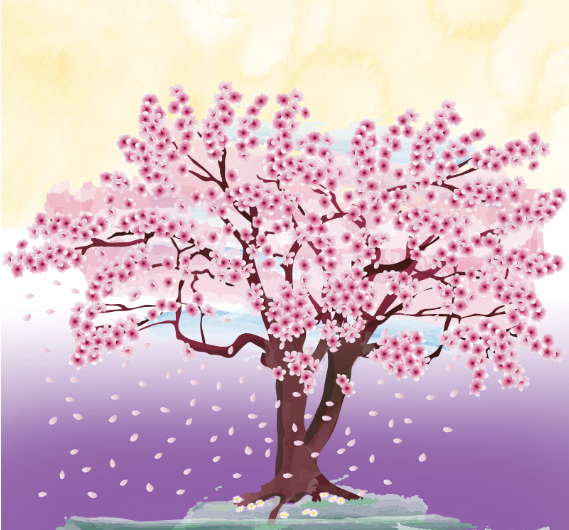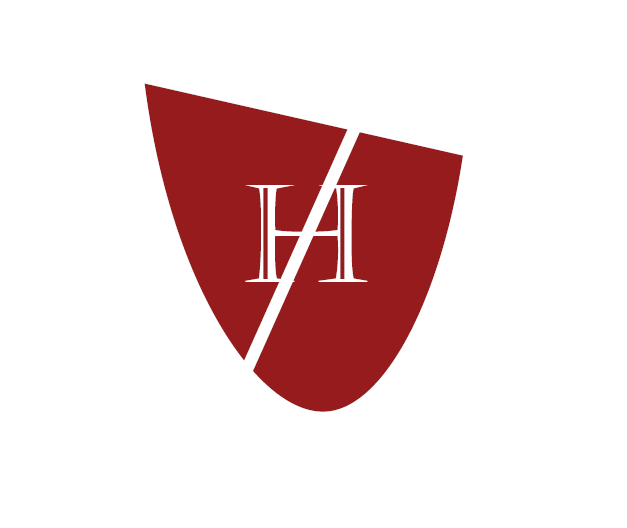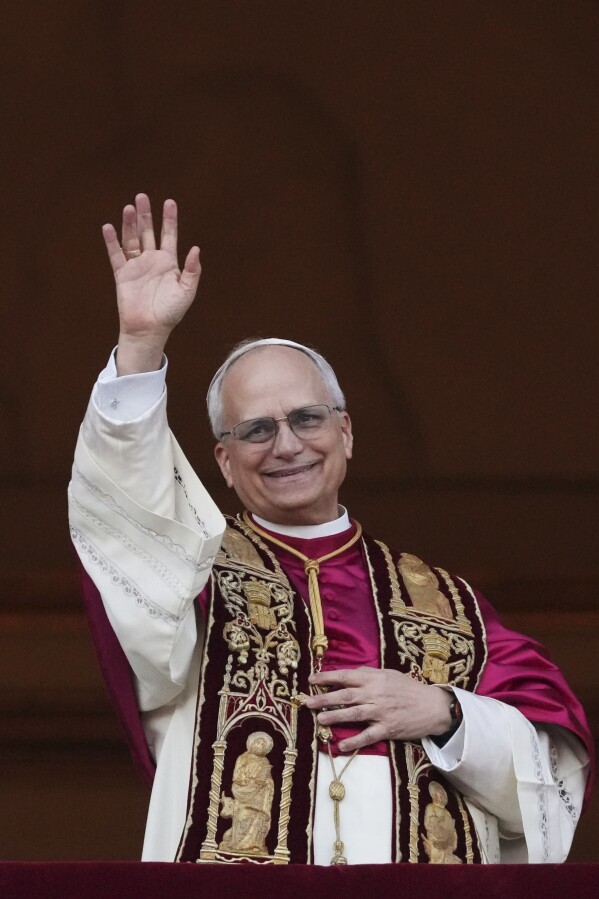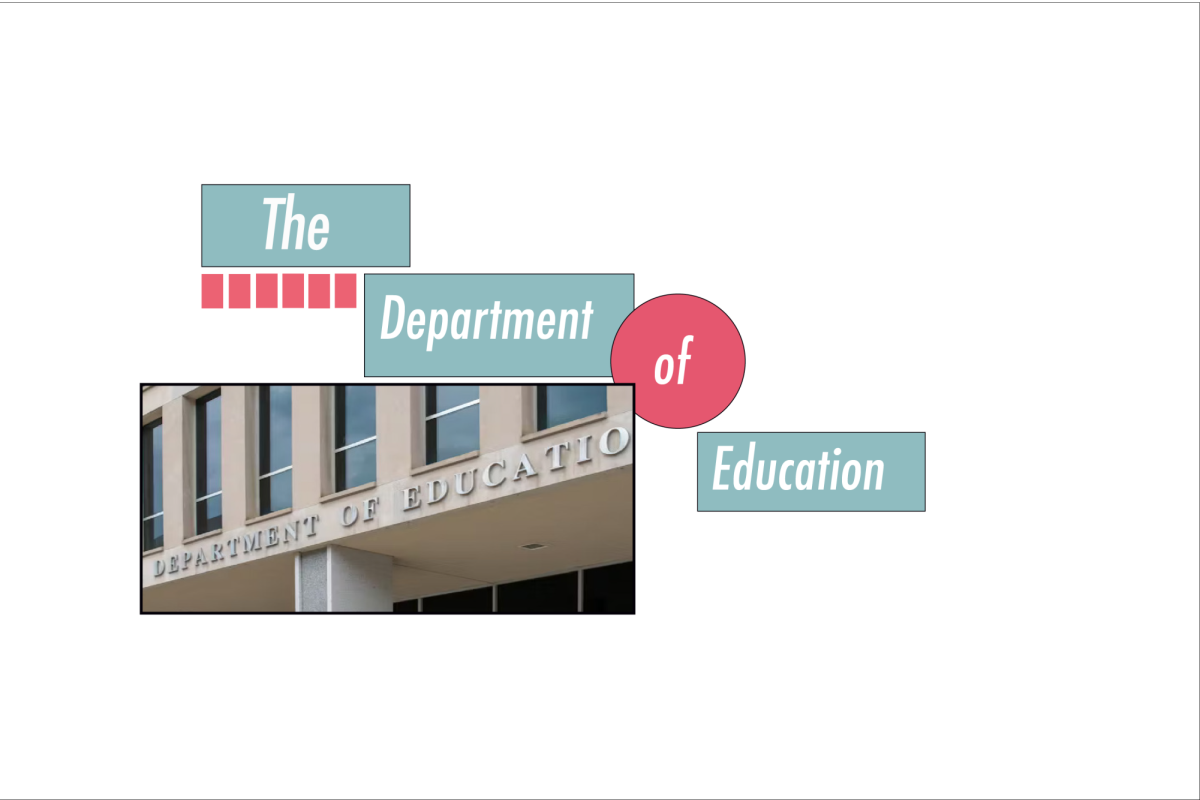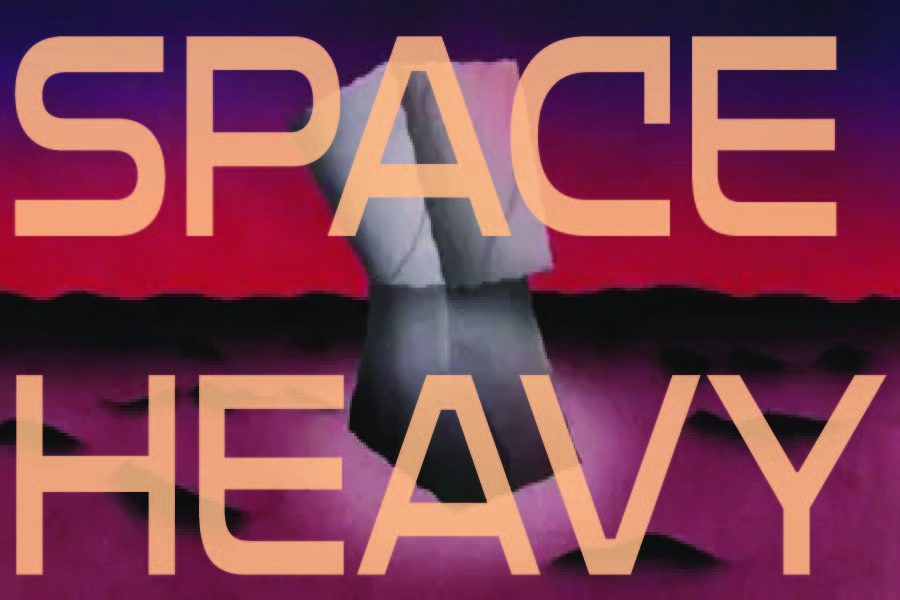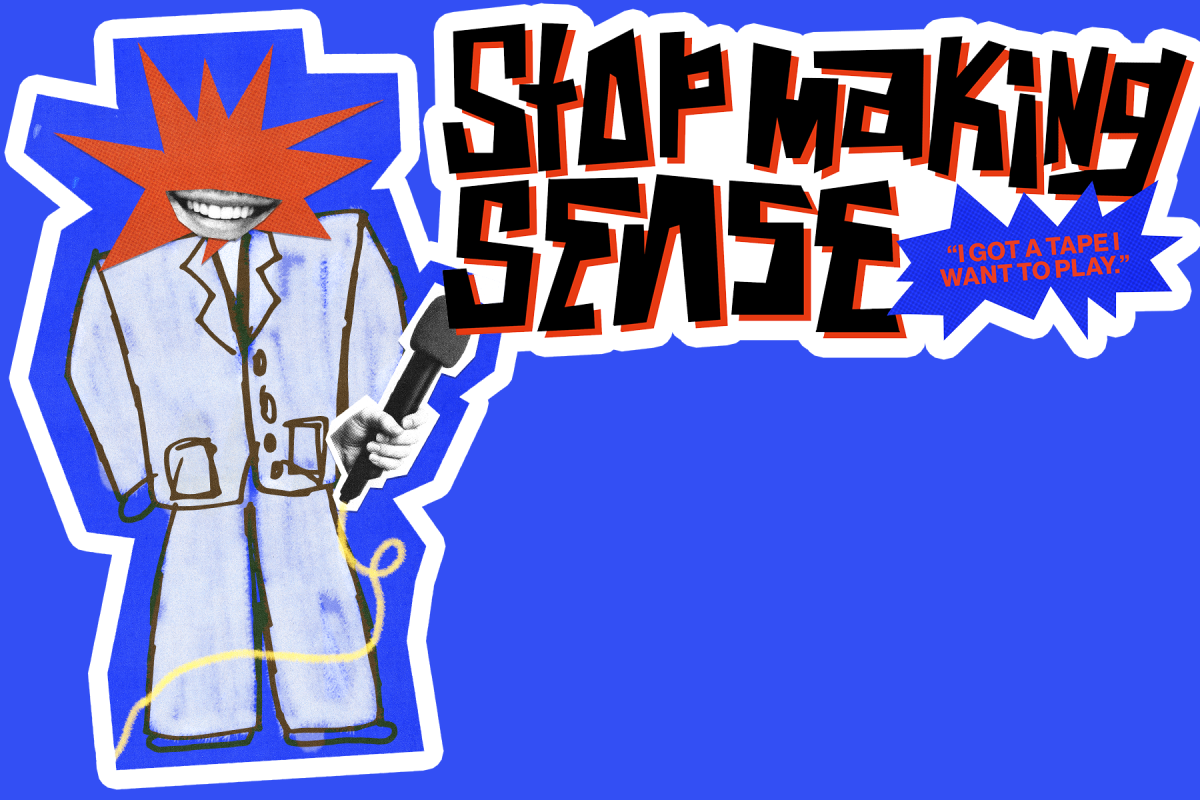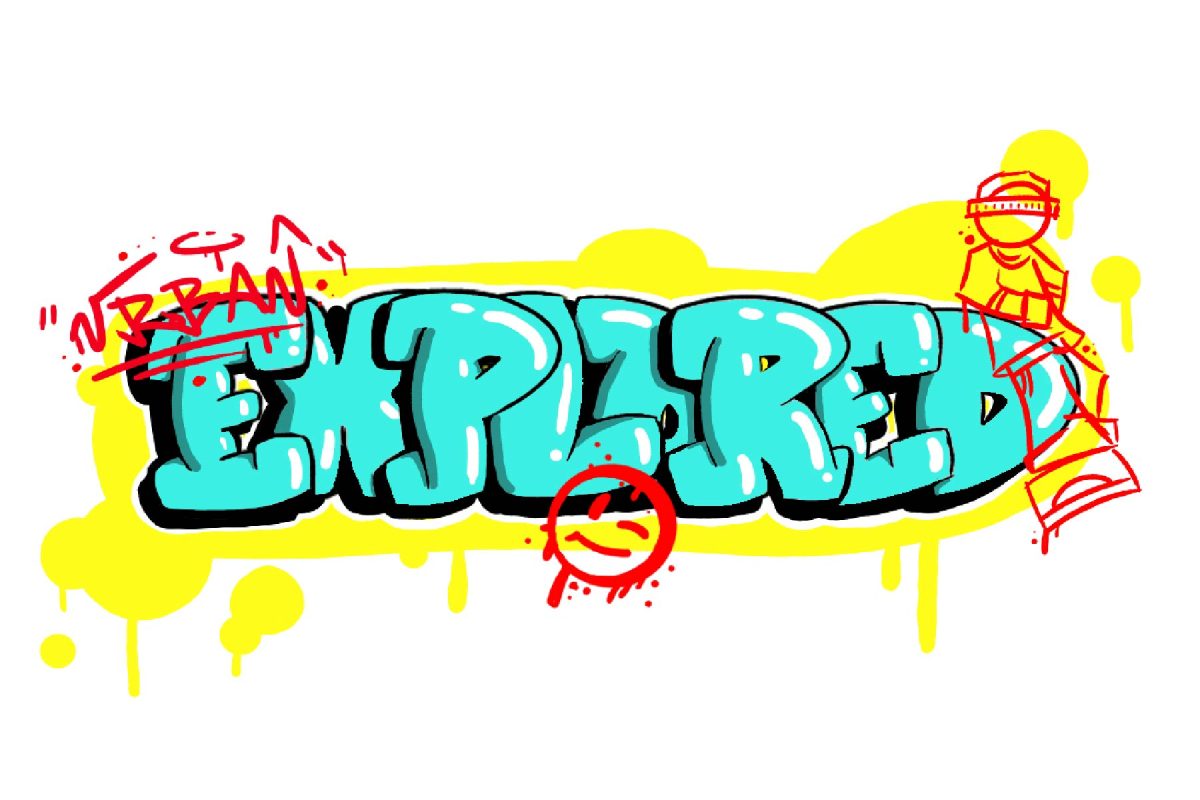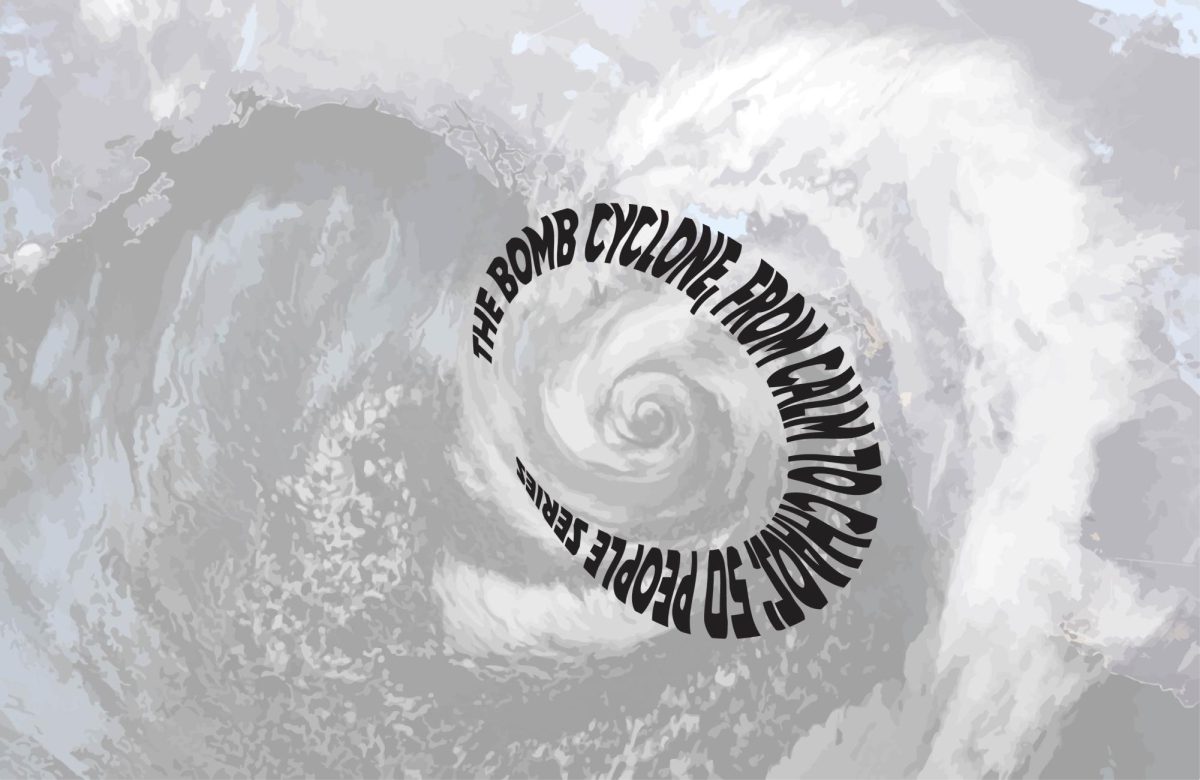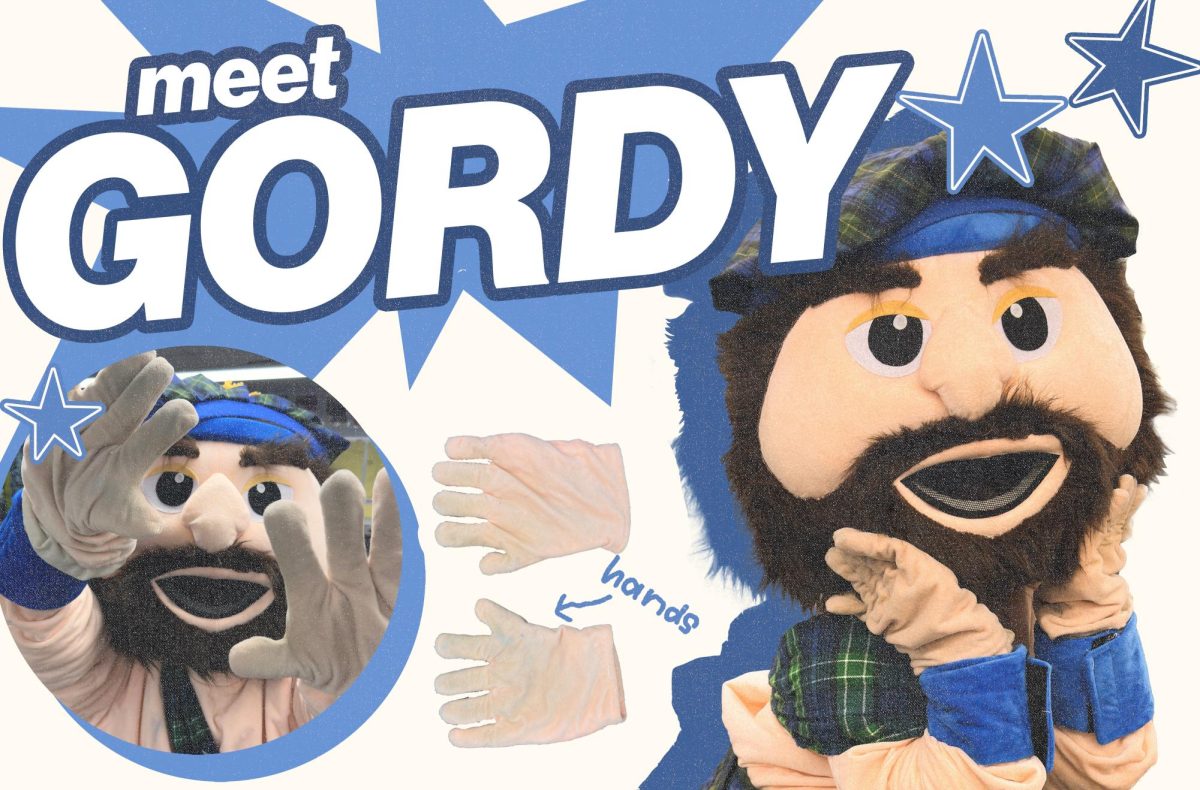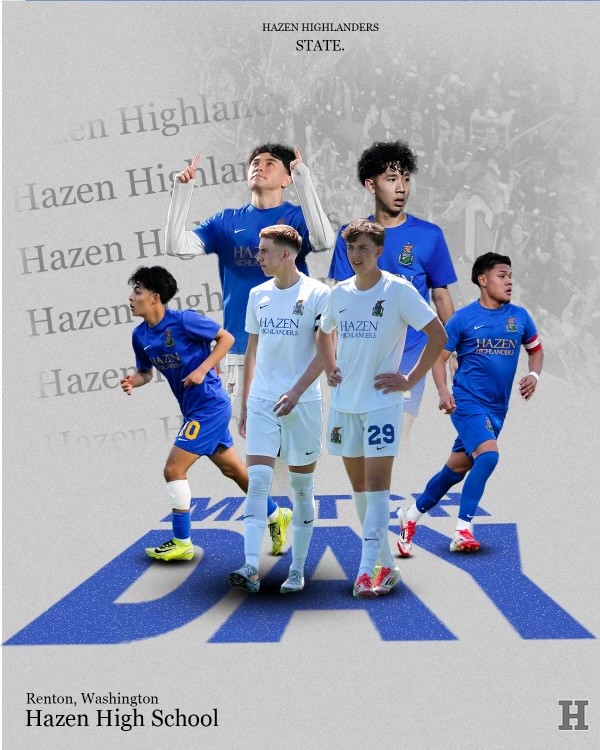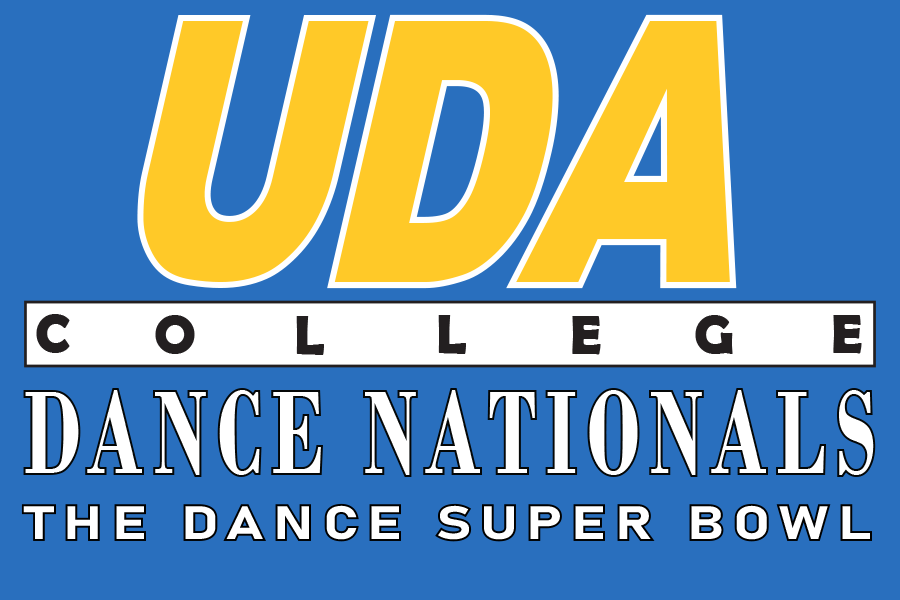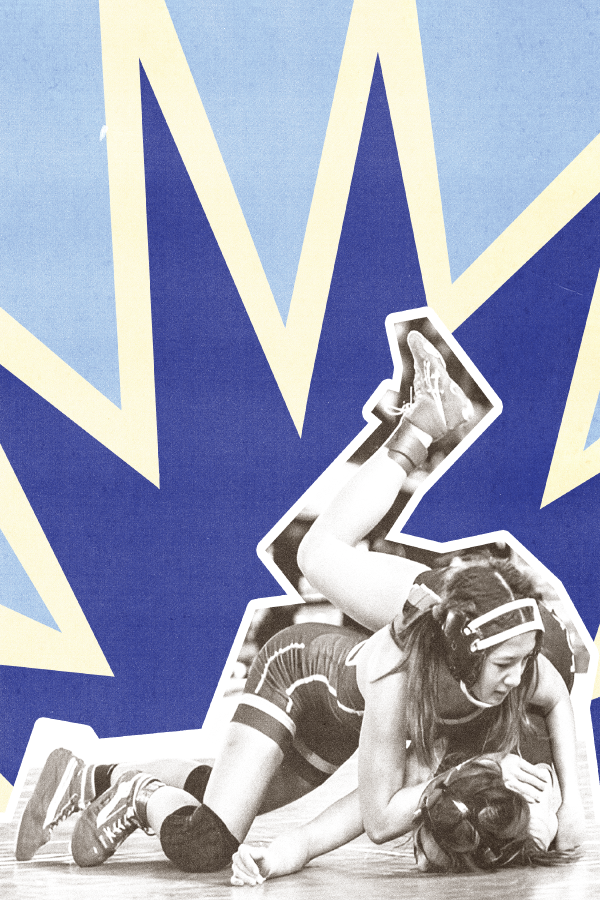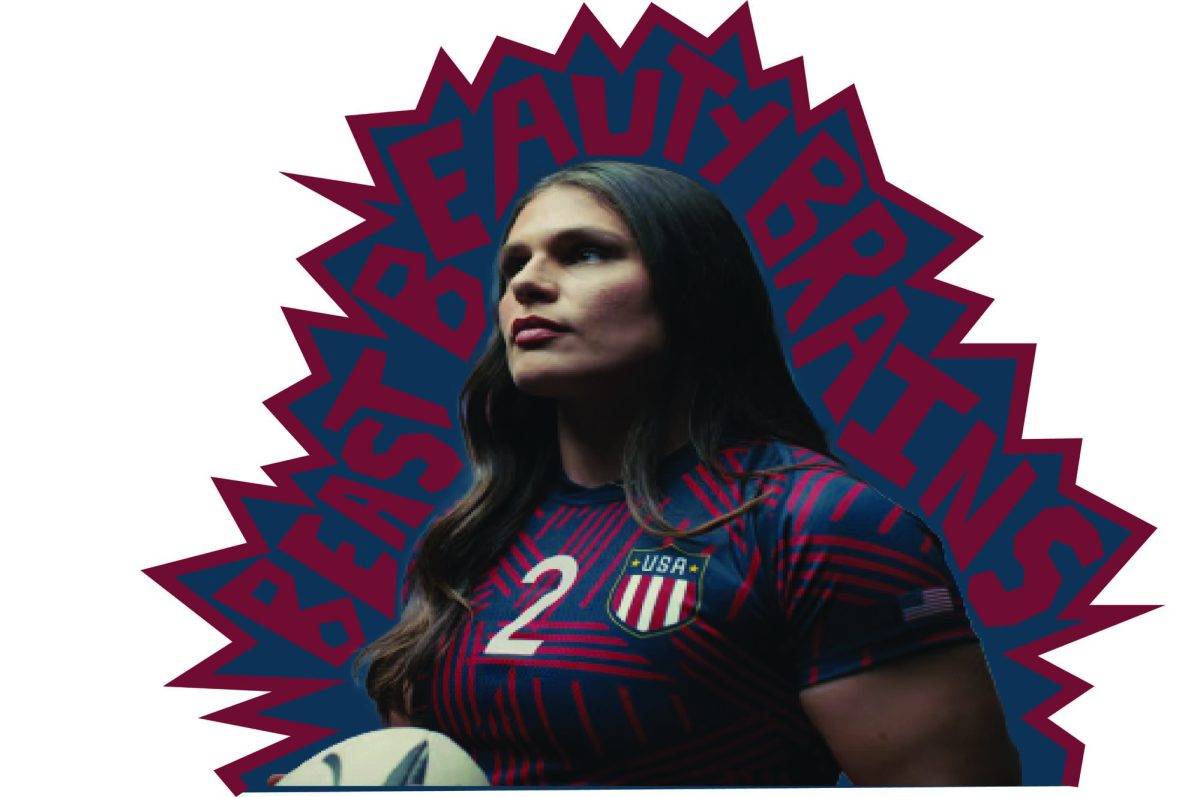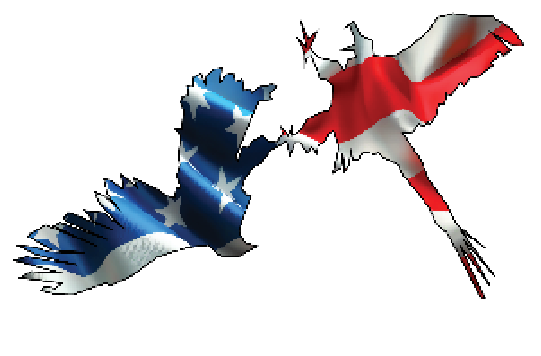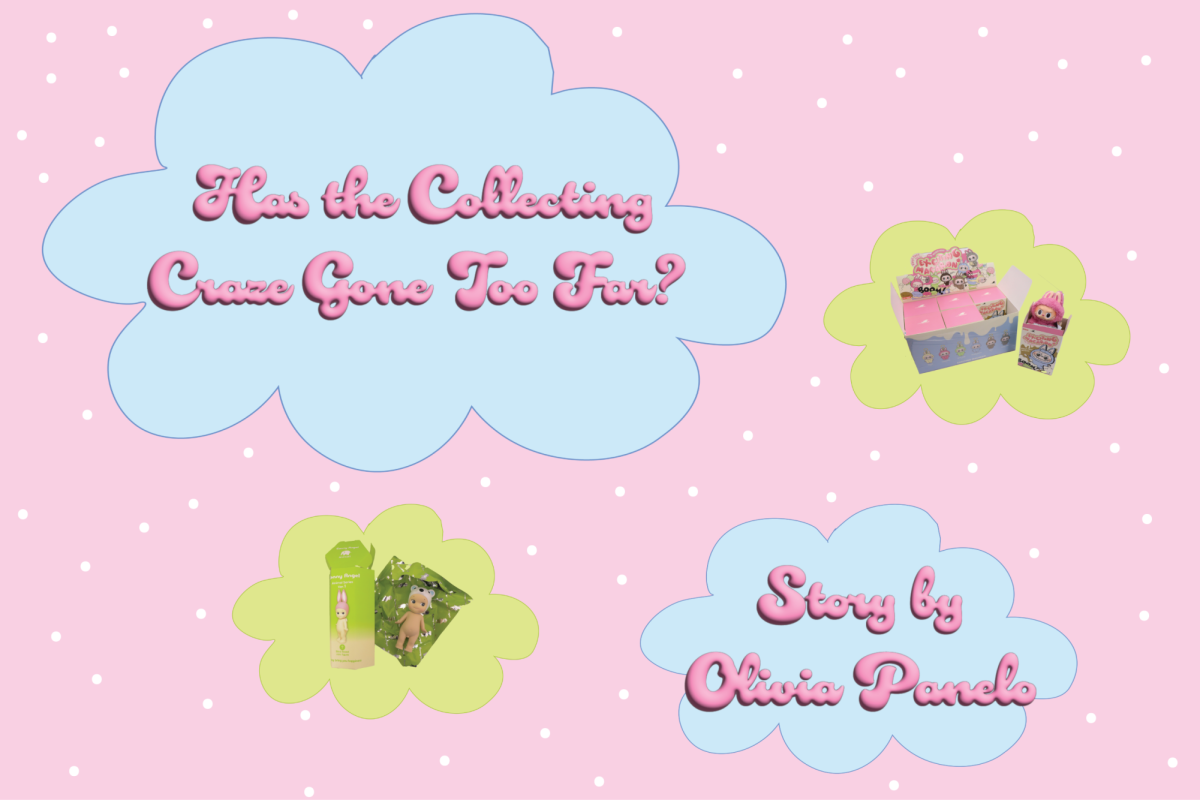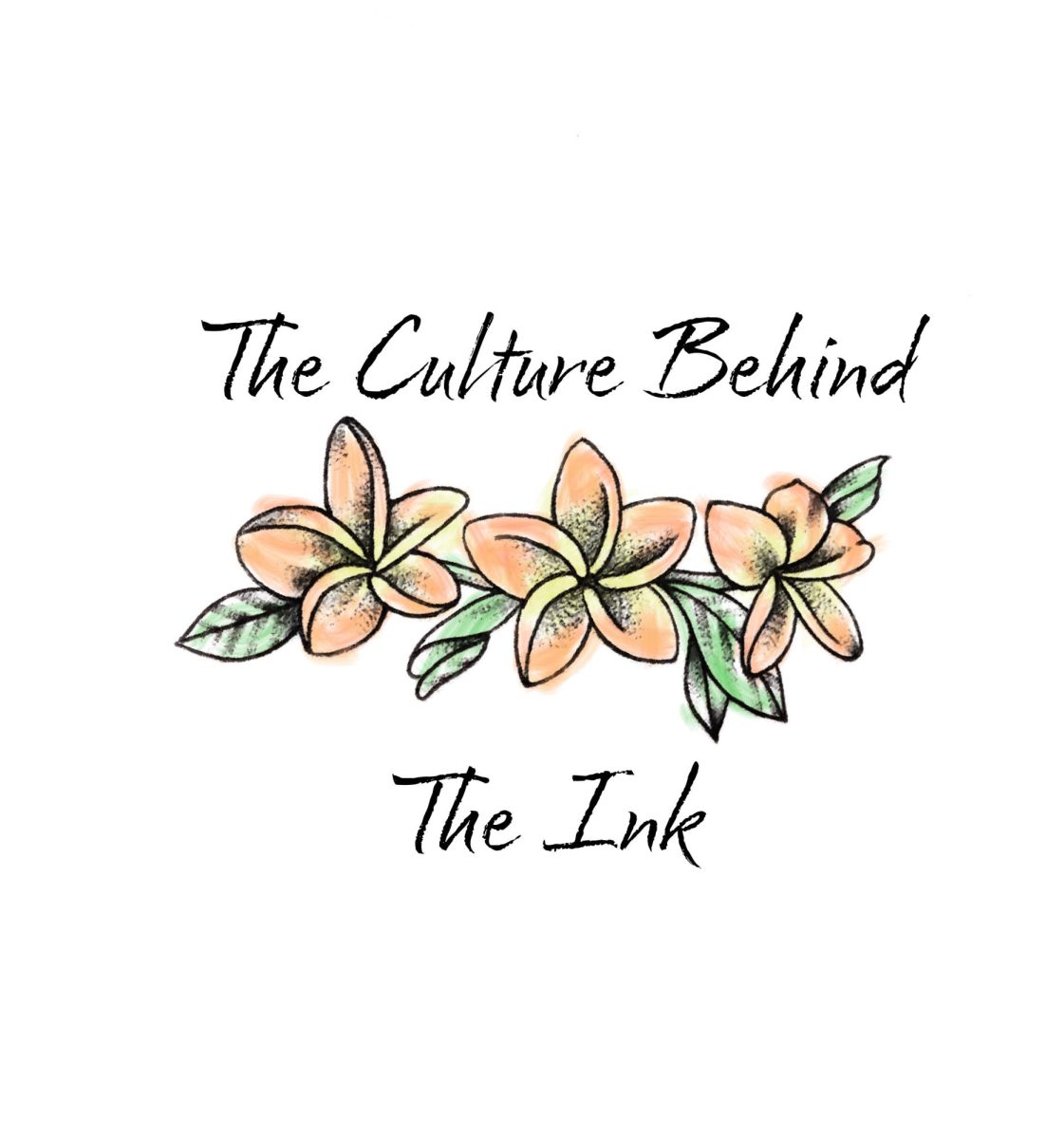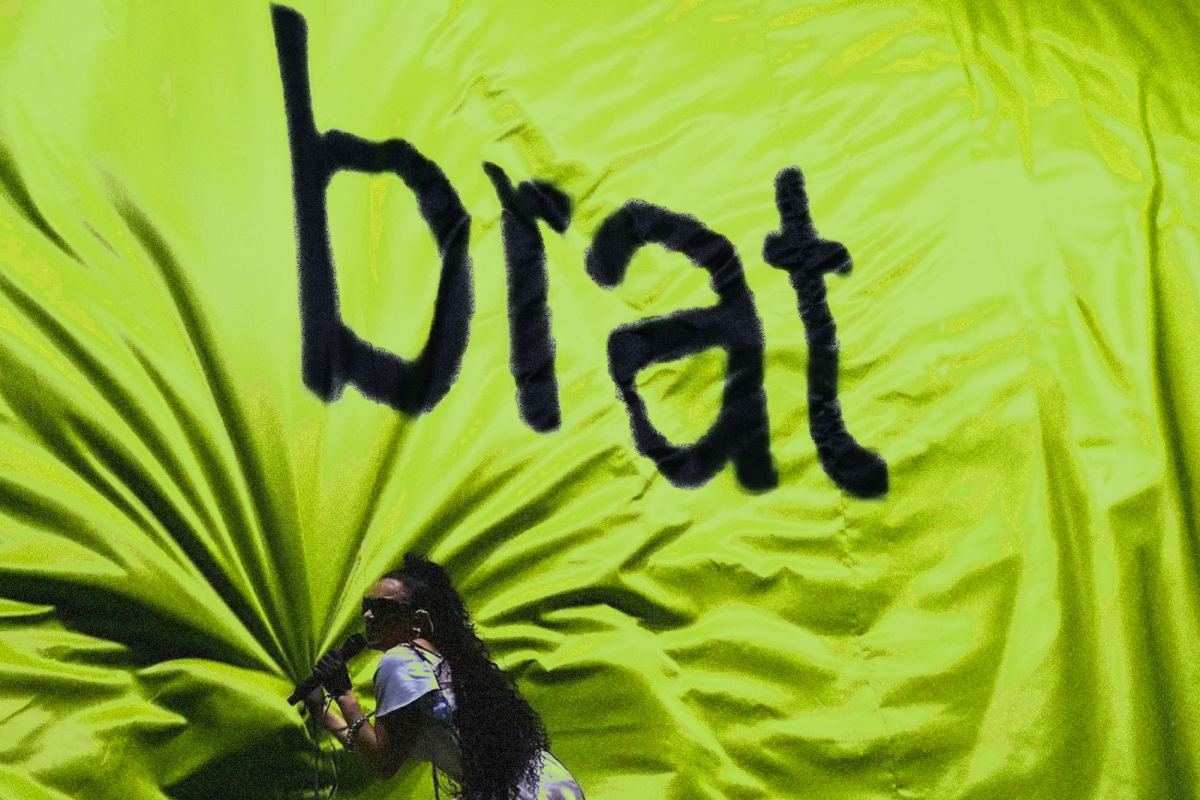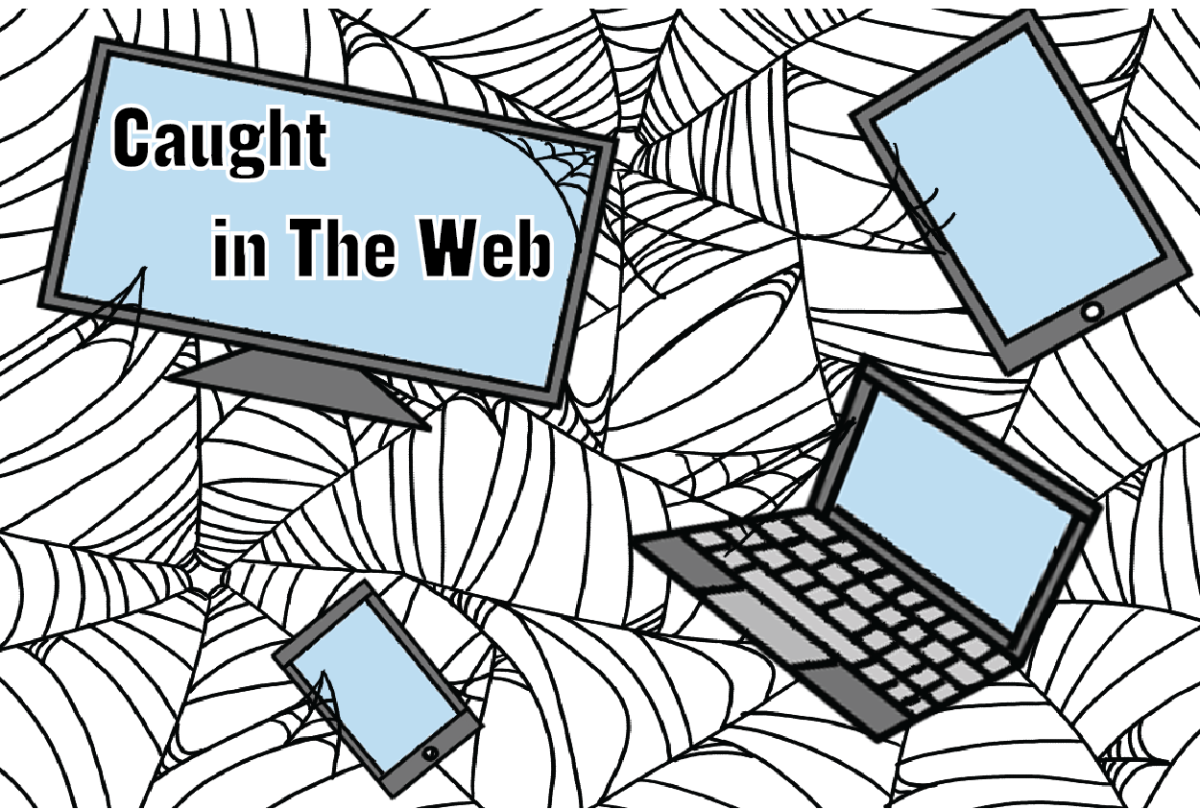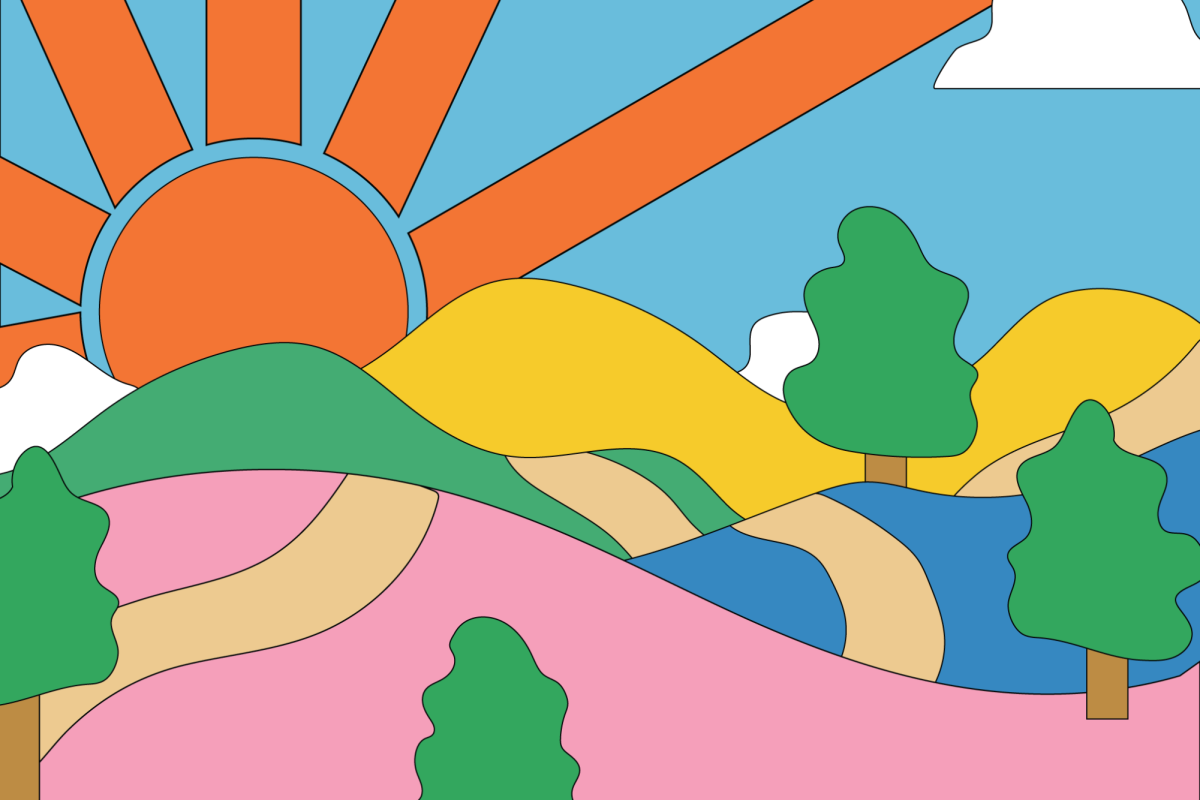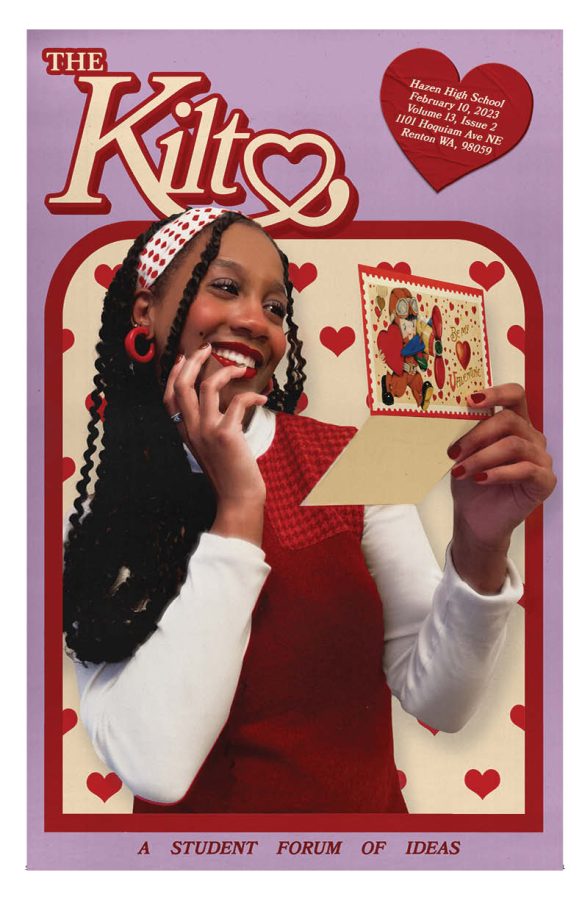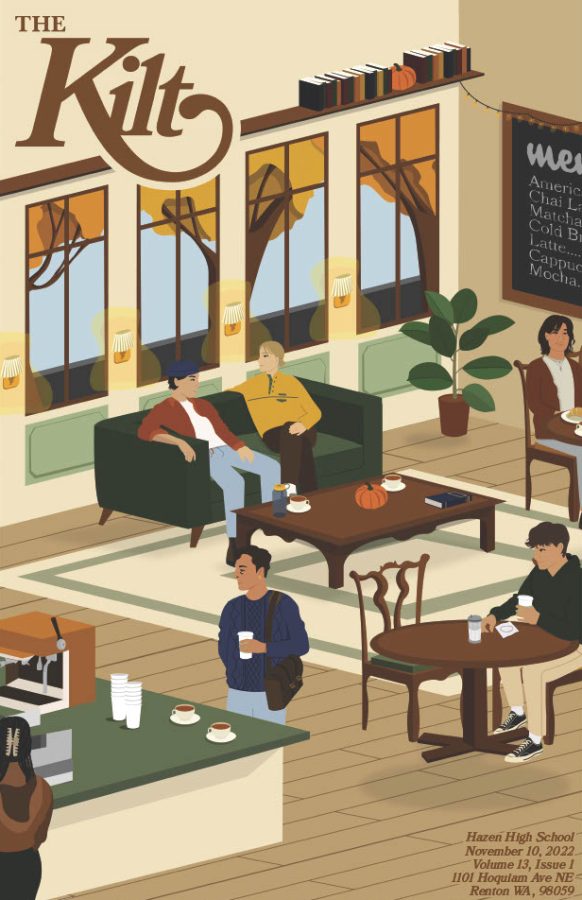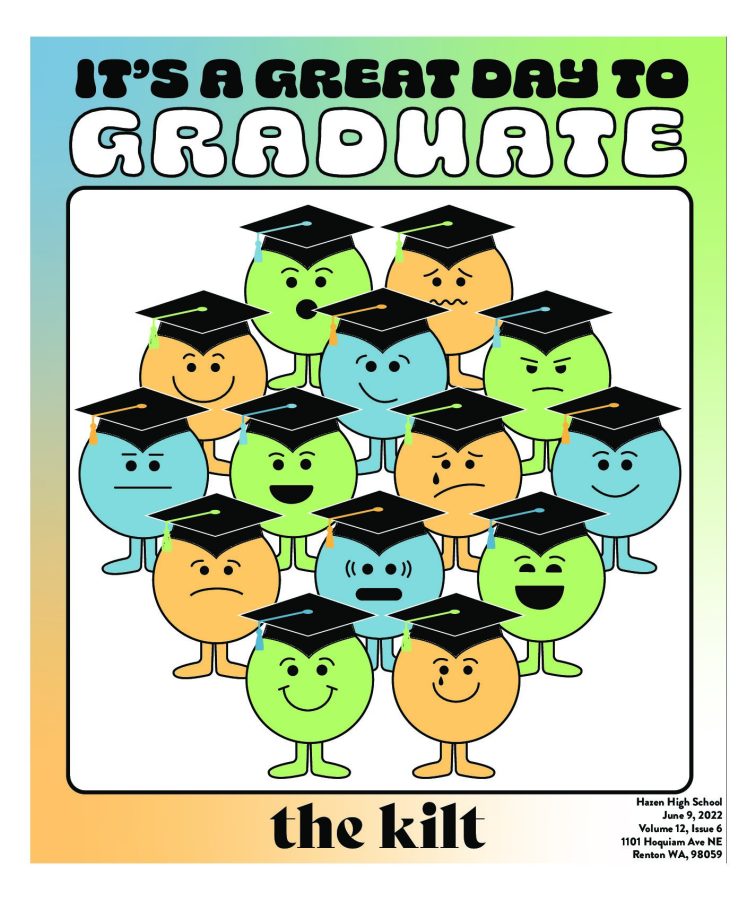Since the beginning, YouTube has been at the top of the internet with 2.7 billion active users as of 2023.
It also had its fair share of controversies with censorship being one of the most prominent problems among many others.
The first recorded case of censorship was in November of 2007. Egyptian human rights blogger/journalist, Wael Abbas, had posted videos of police torture to protest the current treatment of civilians, with one case in particular of violence which involved a bus driver who was assaulted when attempting to split up a fight between a cop and rider.
The issue started when Abbas said YouTube sent him an email saying they had suspended his account.
“They didn’t ask me to remove it” he said, “All they told me was that the account isn’t working.”
As it turned out, all of these videos as well as Abbas’s account were taken down within hours of their upload.
After the similar outrage of other human rights activists, his account and most of the videos were reinstated. YouTube made a formal statement that they regarded the controversy as a misunderstanding of civil justice and will try to better the criteria of censorship.
Fast forward to the year 2018, YouTube was doing better than ever business-wise. At the eighth annual digital event, YouTube Rewind, the hosts were prominent celebrities such as Will Smith and Trevor Noah as well as streamers Ninja and Marques Brownlee.
The main feature was the prominent use of animation creators.
The reception of the event was overwhelmingly negative with the main problems being the overkill of outdated and current trends and the lack of celebrities actually affiliated with YouTube. The only positive being the support and use of animation YouTubers throughout. The aftermath was a PR disaster of 7 million dislikes within 48 hours due to a mass dislike campaign and advertisers dropping. The effect of the dislikes was to critically kill the event permanently after 2020.
In a final example, the dislike button was the most constant way to voice opinions and have them be noticed. On December 13, 2021, YouTube removed the ability to see dislikes on public videos, sighting issues of mass disliking and “bullying” as reasons for the decision, which sparked outrage among many YouTubers and users alike. The most outspoken was YouTuber and comedian Jon “Jontron” Jafari, who saw it as blatant censorship of critics and audience.
YouTube is a very unpredictable company that will continue to make very brash decisions and because of that the many controversies of YouTube will continue until the end of time but as long as we have those who speak against it, we will persevere.

